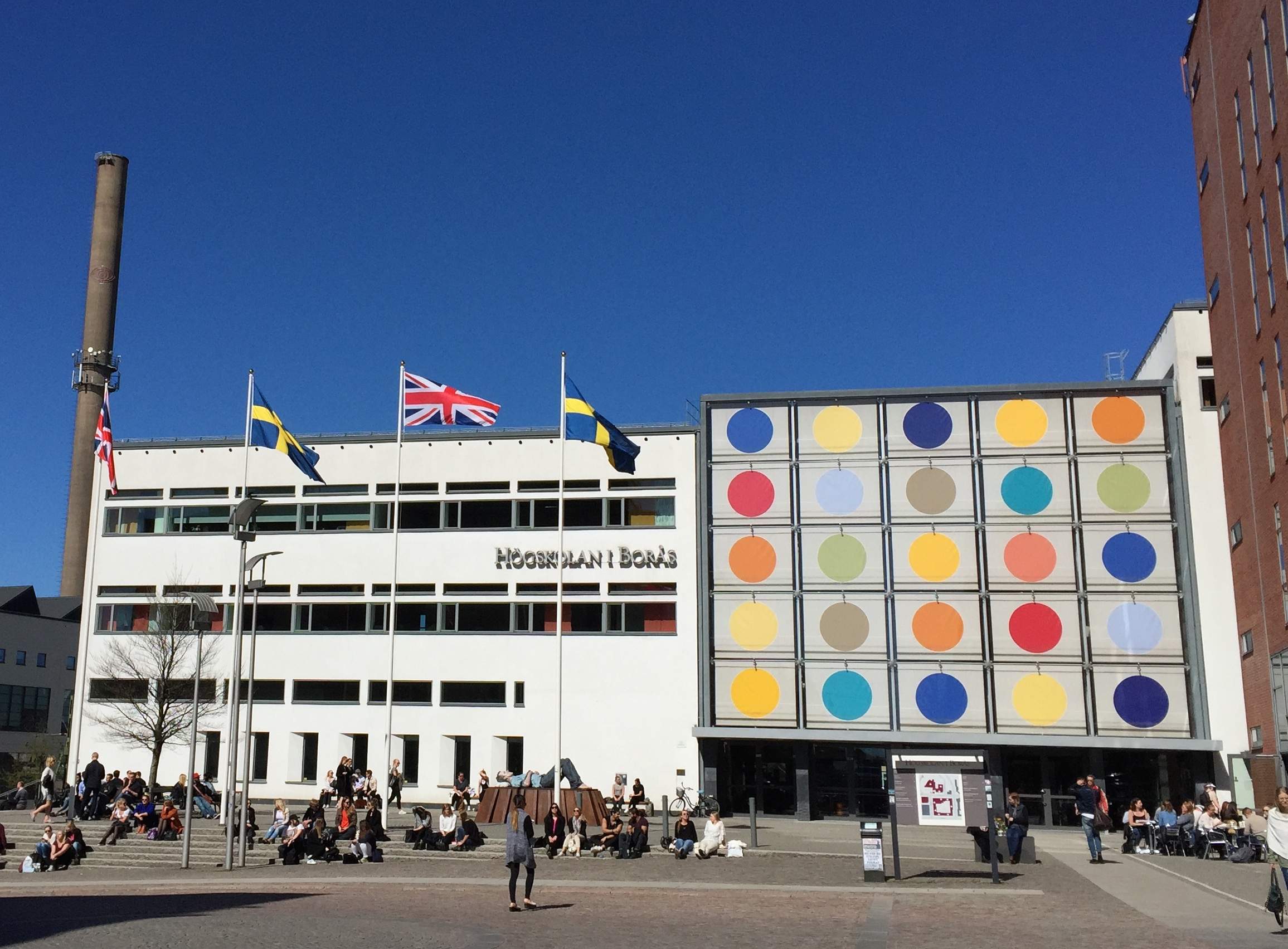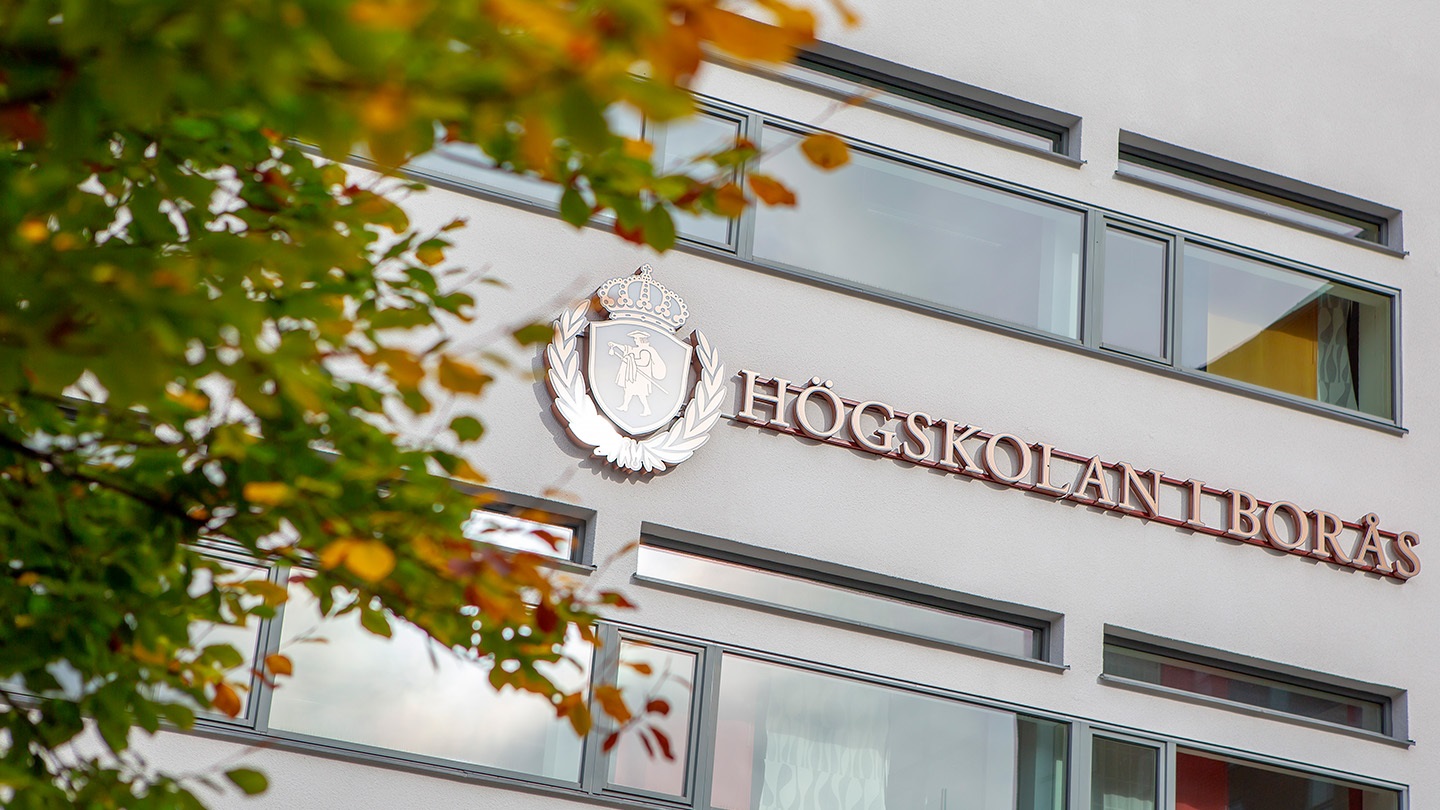Term 1
The courses given during the first term are as follows:
• Resource Recovery 1, 7.5 ECTS credits
• Resource Recovery 2, 7.5 ECTS credits
• Life Cycle Assessment, 5 ECTS credits
• Circular Economy, 5 ECTS credits
• Theory of Science and Research Methodology, 5 ECTS credits
Resource Recovery 1 provides an overview of how waste is currently handled internationally and nationally, legislation, as
well as waste characterisation, which is important when choosing the right recycling technology. Social and economic aspects
such as pressure on or obstacles to recycling are also taken into account in the course. The course Resource Recovery 2 focuses on giving the student an insight into where the research front lies in the field, as well as future techniques and opportunities for improved recycling, The ethical aspects related to recycling are also addressed. How companies and society should design products and processes and services and business models to promote a development from linear economy to a circular economy is addressed and discussed in the course Circular Economy. The Life Cycle Assessment course focuses on the LCA method, its applications and its limitations. The course Theory of Science and Research Methodology is given during the first term; in this course, students gain increased knowledge and understanding of the research process and about quantitative as well as qualitative research methodologies in order to be able to apply this knowledge in project work and be well prepared for the final degree project.
Term 2
During the term, there will be a first specialisation within polymer materials i.e. plastics, composites, and textile materials and
their importance for the circular economy. A focal point are the polymer materials made from renewable raw materials. During this term, larger project work is introduced in which more complex issues are handled. The courses deepen the student's knowledge of material development and manufacturing methods that enable the use of polymer materials in the circular economy, and facilitate their sustainable manufacturing, use, and recycling. The specialisation includes a review of the central definitions and concepts for the use, processing, properties, and recycling of polymer materials. The production of polymer materials from renewable raw material resources, the biodegradation of residual polymer waste, and the re-uptake to the ecosystem are also addressed. The experimental methods of manufacturing, characterisation, and material testing are dealt with in a laboratory course.
• Polymer Technology, ECTS 7.5 credits
• Polymers and Textiles in Composites, 7.5 ECTS credits
• Experimental Methods for Polymers and Textiles, 7.5 ECTS credits
• Polymeric and Textile Materials and the Environment, 7.5 ECTS credits
Courses year 2 (terms three and four)
Terms 3 and 4 consists only of a degree project, divided into two courses Degree project 1, 30 ECTS credits and Degree project 2, 30 ECTS credits. In Degree project 2, the research project is further specialised. During year 2, there is an opportunity for students to exchange the course Degree project 2 for courses comprising of 30 ECTS credits. The intention is to facilitate various forms of internationalisation
Show less 

